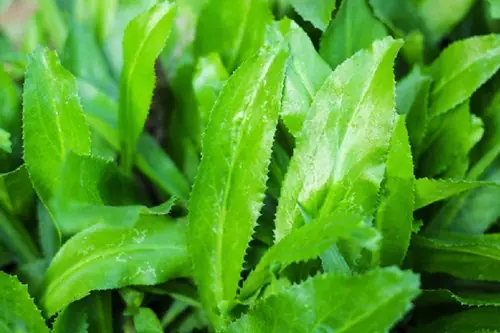
No Matter How Delicious, Avoid Overeating These Foods to Protect Your Liver
The liver plays a vital role in detoxifying the body, processing nutrients, and regulating metabolism. However, certain foods, even if incredibly tasty, can put unnecessary strain on this hardworking organ when consumed in excess. Protecting your liver involves being mindful of what you eat and how much you consume. Here are some foods that, no matter how delicious, should be eaten in moderation to avoid damaging your liver.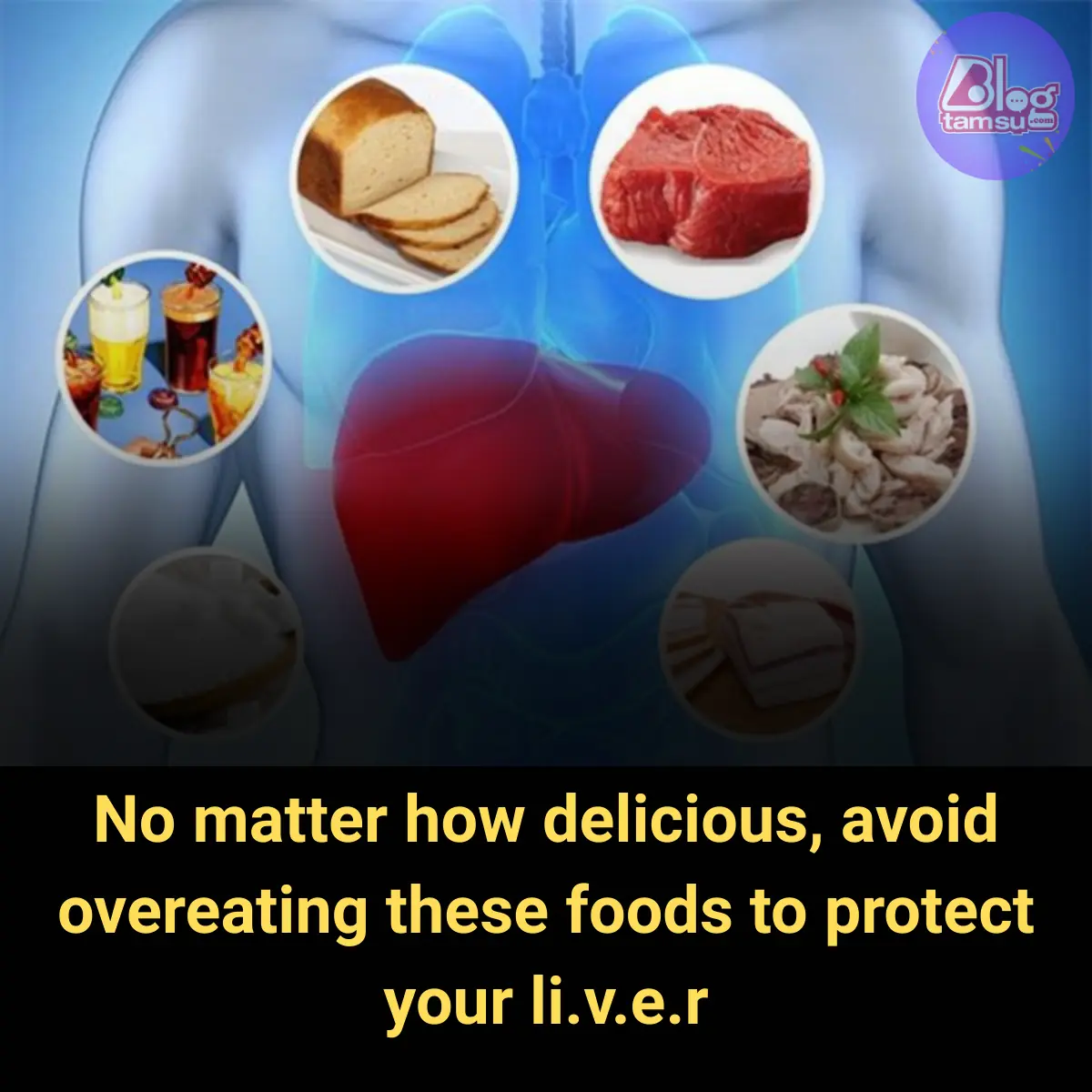
1. Fried Foods
Fried foods like French fries, fried chicken, and doughnuts are high in unhealthy fats and oils, which can contribute to fatty liver disease. These foods are loaded with trans fats, which not only promote liver fat accumulation but can also cause inflammation, making it harder for the liver to function properly.
Tip: Opt for grilled or baked alternatives that use healthier fats like olive oil or avocado oil.
2. Sugary Snacks and Beverages
Candies, pastries, sugary sodas, and energy drinks might be irresistible, but they can cause liver damage if consumed in excess. High sugar intake, particularly fructose, contributes to non-alcoholic fatty liver disease (NAFLD). Over time, excessive sugar can overload the liver, causing it to store fat and become inflamed.
Tip: Satisfy your sweet tooth with fruits or low-sugar alternatives like dark chocolate in moderation.
3. Alcohol
Though not a food, alcohol is a major contributor to liver damage. Consuming alcohol regularly or in large quantities can lead to liver inflammation, cirrhosis, and fatty liver disease. While moderate drinking may be safe for some, it’s essential to limit alcohol intake to protect liver health.
Tip: If you choose to drink, stick to recommended limits and give your liver breaks by having alcohol-free days each week.
4. Processed Meats
Hot dogs, sausages, bacon, and deli meats are packed with preservatives, unhealthy fats, and salt. Overconsumption of processed meats can lead to liver fat buildup and increase the risk of liver disease. The nitrates and additives in processed meats can also cause inflammation in the liver.
Tip: Choose lean, unprocessed meats like chicken or turkey, or consider plant-based protein sources.
5. White Bread and Refined Carbs
Refined carbohydrates like white bread, pasta, and rice can cause blood sugar spikes and increase fat accumulation in the liver. These foods have a high glycemic index, meaning they are quickly digested and absorbed into the bloodstream, which can lead to insulin resistance and liver damage when consumed in large amounts.
Tip: Switch to whole grains like brown rice, whole wheat bread, and quinoa to provide fiber and nutrients that support liver health.
6. Salt-Rich Foods
Too much salt can lead to high blood pressure and fluid retention, which put additional strain on the liver. Excessive sodium intake from processed foods, canned soups, and fast food can contribute to liver damage by increasing the risk of fatty liver and kidney issues.
Tip: Limit processed foods and season your meals with herbs and spices instead of salt.
7. Dairy Products High in Fat
Full-fat dairy products, such as cheese, cream, and butter, can be hard on the liver due to their high saturated fat content. Eating too much fat can result in liver fat buildup and reduce liver function.
Tip: Choose low-fat or plant-based dairy alternatives, such as almond milk or yogurt made from coconut or soy.
8. Artificial Sweeteners
While diet sodas and sugar-free snacks may seem like healthy alternatives, they can actually harm your liver. Some studies suggest that artificial sweeteners like aspartame and sucralose can lead to fat buildup in the liver, which may increase the risk of liver disease over time.
Tip: Instead of relying on artificial sweeteners, try using natural sweeteners like stevia or honey in moderation.
Final Thoughts
No matter how delicious they may be, it's essential to avoid overeating foods that can harm your liver. By making mindful choices and incorporating a balanced diet rich in fruits, vegetables, whole grains, and lean proteins, you can protect this vital organ and ensure it continues to support your overall health.
News in the same category


Two Hygiene Habits That “Wreck” the Inti.mate Area—Many Women Are Still Making These Mistakes
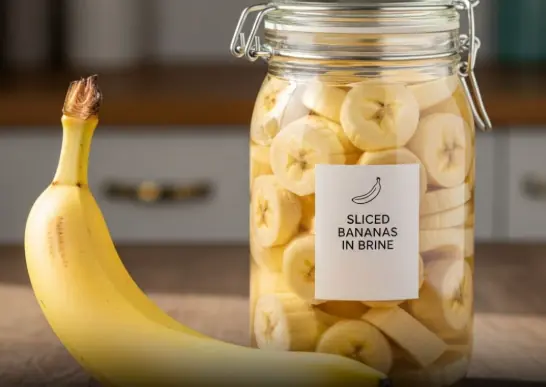
How to make banana vinegar with just 4 simple ingredients, you will have a delicious finished product
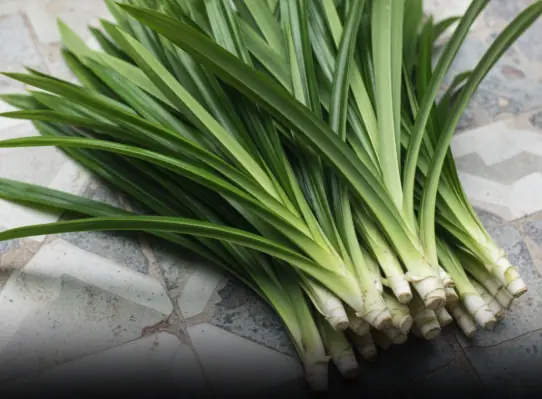
A plant with a distinctive aroma: Both a spice and a 'miracle drug' for health
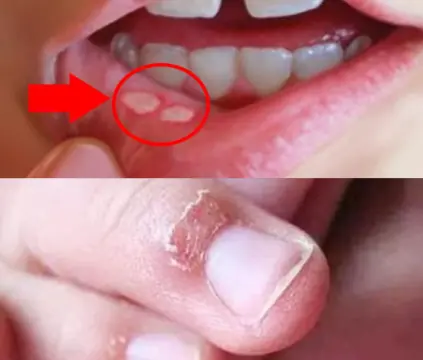
8 Early Warning Signs of Nutrient Deficiency Written All over Your Body
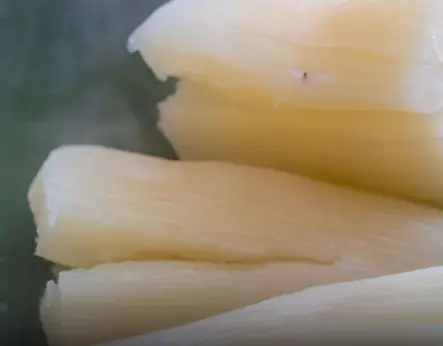
Over 200 People Are Killed By The “World’s Deadliest Food” Every Year, But Almost 500 Million People Still Eat It

A 56-Year-Old Man Who Avoided Rice and Ate Only Vegetables Faces Unexpected Health Results

4 types of people who should avoid eating cabbage

What time should you shower to ensure your health and reduce the risk of stro:ke?
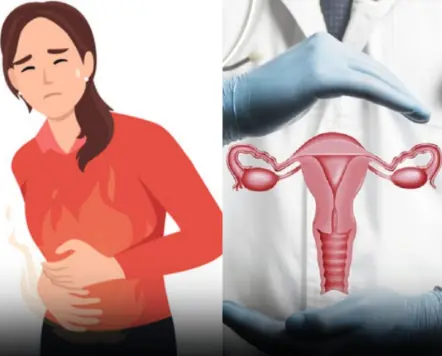
8 Early Warning Signs Of Ovarian Cancer You Shouldn’t Ignore

All The Things You Need to Know About Nighttime Urination And When To Start Worrying

Do You Sleep With Your Cat? You Could Be At Risk For This Silent, Deadly Disease

9 Early Signs of Diabetes You May Not Be Noticing
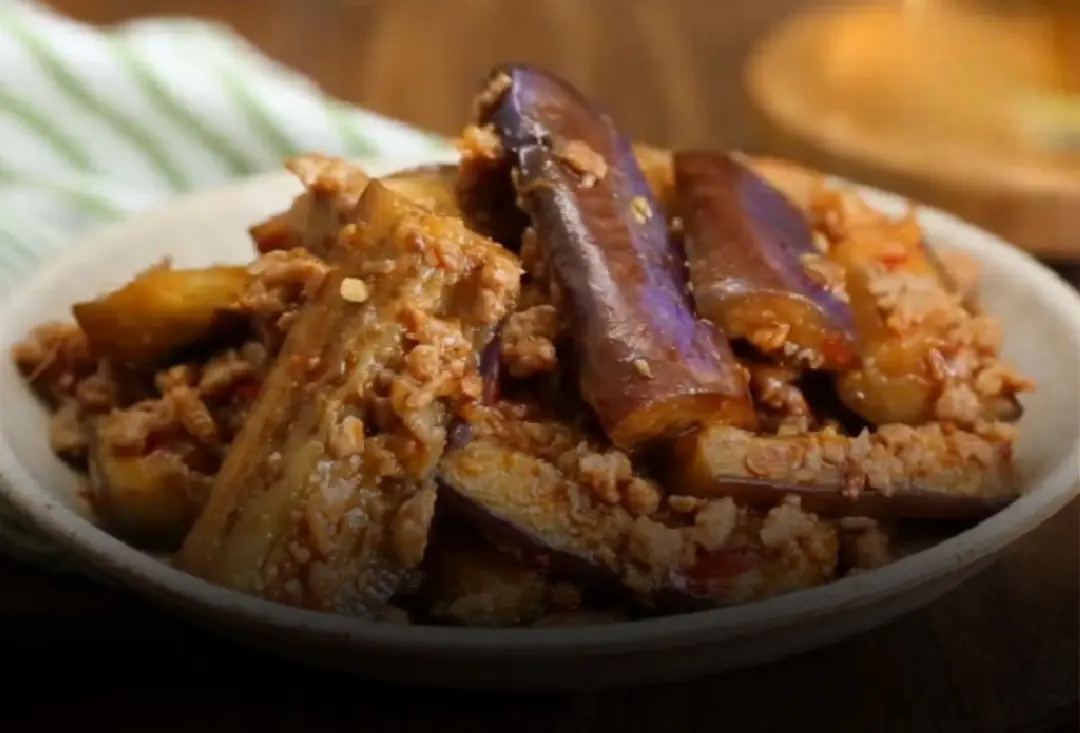
Eggplant is the king of vegetables but not everyone can eat it
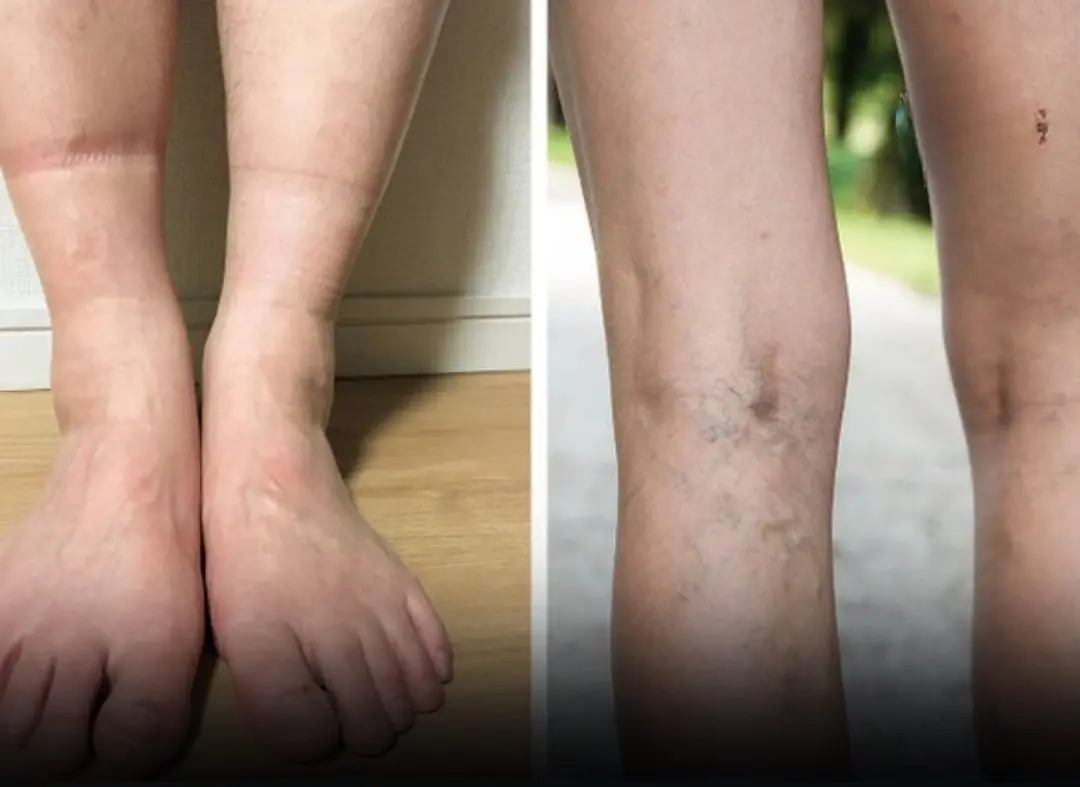
4 Possible Health Conditions Your Feet Could Be Signaling Through Sock Indentations
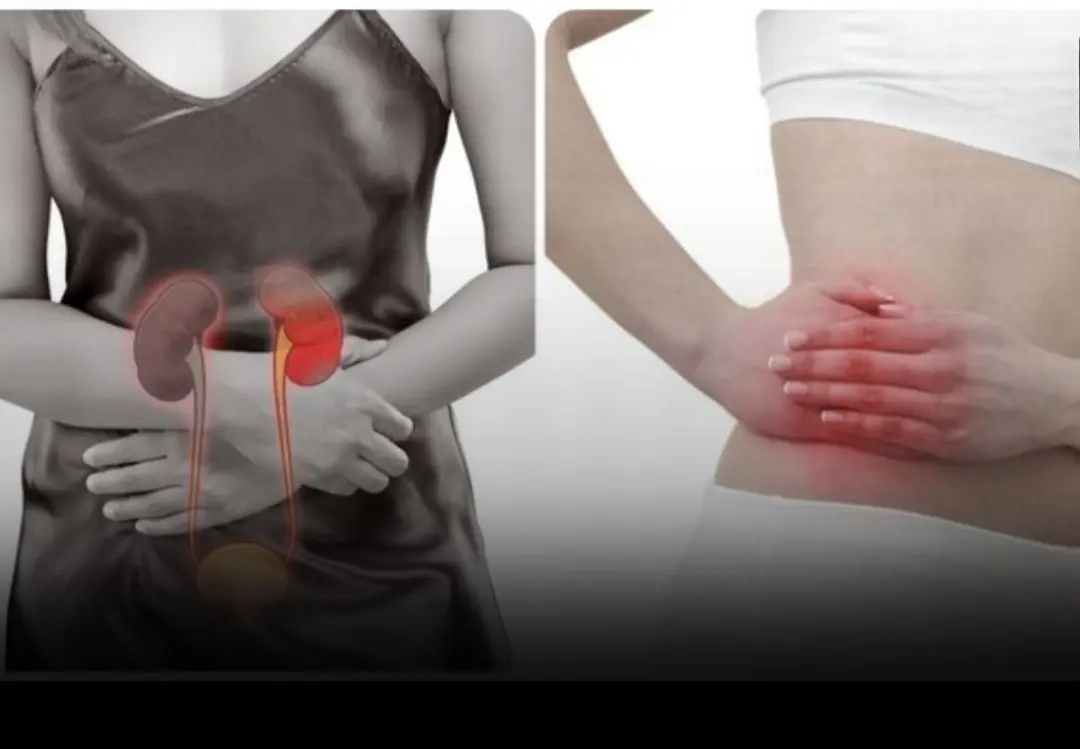
Recognizing early warning signs of kid.ney failure can greatly improve treatment outcomes.

Your hands can reveal liver trouble — don’t ignore these shocking signs

Be Careful With Diabetes If You Often Experience These Signs

If You Notice Someone With Visible Veins, You Should Tell Them These Things

Improper Use of Nonstick Pans Raises Concerns Over ‘Forever Chemicals’ and Liver Cancer Risk
News Post

A handful of culantro for about 10–15 cents: a sto.mach soother and a helper for lowering blo.od fats

Two Hygiene Habits That “Wreck” the Inti.mate Area—Many Women Are Still Making These Mistakes

How to make banana vinegar with just 4 simple ingredients, you will have a delicious finished product

A plant with a distinctive aroma: Both a spice and a 'miracle drug' for health
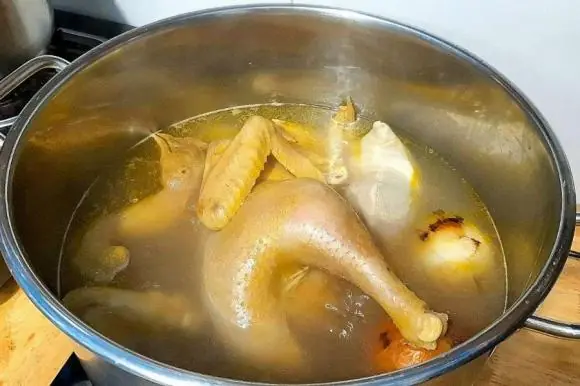
A Step Many Think Makes Chicken “Clean” Actually Does the Opposite: Experts Everywhere Say Stop Immediately

8 Early Warning Signs of Nutrient Deficiency Written All over Your Body

Over 200 People Are Killed By The “World’s Deadliest Food” Every Year, But Almost 500 Million People Still Eat It

A 56-Year-Old Man Who Avoided Rice and Ate Only Vegetables Faces Unexpected Health Results

4 types of people who should avoid eating cabbage

4 simple and effective tips to clean yellow sweat stains on white shirts at home that anyone can do it

What time should you shower to ensure your health and reduce the risk of stro:ke?

8 Early Warning Signs Of Ovarian Cancer You Shouldn’t Ignore

All The Things You Need to Know About Nighttime Urination And When To Start Worrying

Do You Sleep With Your Cat? You Could Be At Risk For This Silent, Deadly Disease

9 Early Signs of Diabetes You May Not Be Noticing

Eggplant is the king of vegetables but not everyone can eat it

4 Possible Health Conditions Your Feet Could Be Signaling Through Sock Indentations

Recognizing early warning signs of kid.ney failure can greatly improve treatment outcomes.

Your hands can reveal liver trouble — don’t ignore these shocking signs
